In fact, he owned a hardback copy in his collection that he loaned to me so that I could read it one summer whilst over break. Not a huge fan of Horror literature, I put it off almost until the time I was getting ready to go back to school, and – once I got started – I did breeze through it reasonably quickly. While I was familiar to a small degree with Matheson’s work, I hadn’t ventured into much of his territory; but I did find the story eminently readable. As is fairly customary with most readers, I found things to like and dislike in the work, but I recall admiring how the author brought such a personal account of life during an Apocalypse to focus. So if you’re looking for recommendations? I suggest you pick it up and give it a try.
Because I’ve read so much about film over the years, I Am Legend is a tome that keeps coming up again and again. It served as chief inspiration to so many visual storytellers, and its central thread of a lone man taking a last stand against the new emerging civilization of vampires has fueled such screen incarnations as 1971’s The Omega Man (with Charlton Heston) and 2007’s I Am Legend (with Will Smith). But back there in the late 1950’s only a few years after his novel was published, Matheson himself worked on a screenplay that was originally intended for director Fritz Lang under contract with Hammer Films. Eventually, Hammer passed on the project, and it ended up being secured by Associated Producers (API) and director Ubaldo Ragona and Sidney Salkow. Though the writer inevitably asked to have a pseudonym of ‘Logan Swanson’ added to the credits in lieu of his own, The Last Man On Earth premiered in 1964 with none other than genre legend Vincent Price in the lead.
Is it any good?
Oh, yes. It most definitely it worth a viewing.
(NOTE: The following review will contain minor spoilers necessary solely for the discussion of plot and/or characters. If you’re the type of reader who prefers a review entirely spoiler-free, then I’d encourage you to skip down to the last few paragraphs for the final assessment. If, however, you’re accepting of a few modest hints at ‘things to come,’ then read on …)
From the film’s IMDB.com page citation:
“When a disease turns all of humanity into the living dead, the last man on earth becomes a reluctant vampire hunter.”
Sometimes, the best projects are the ones that find a central idea and stick to it.
Such is the case with 1964’s The Last Man On Earth, the very first and maybe the most interesting and faithful adaptation of Matheson’s 1954 novel. In it, Robert Neville goes about the business of trying to determine just how a world-ending pandemic resulted in turning our dead into undead vampires; and – in the process – the survivor-turned-scientist finds himself hunted by the rank and file of the new civilization emerging from the chaos of our fallen world. Eventually, he is caught and incarcerated but not before coming to grips with the reality that – as vampires were once nothing more than a myth among the superstitious – he has now assumed that title as the last man left alive on Earth. He has become, literally, a legend; and he suffers a grim fate as the consequence.
For all intents and purposes, however, Morgan’s day-to-day struggle feels aesthetically more like one man pushing back against the hordes of walking automatons not unlike those populating George A. Romero’s groundbreaking Night Of The Living Dead (1968). It’s perhaps the first thing one notices when watching The Last Man, and thus the vampire threat never quite appears even remotely authentic. There is a moment wherein Morgan finds a surviving woman – Ruth (Franca Bettoia) – and he asks her whether or not she’s been bitten; but the film lacks any real substantive discussion and/or explanation for why and how these vampires continue living without a viable source of food. Therein lies the flick’s greatest weakness: as a Horror/Thriller, it ignores the core mythology, and this most likely accounts for biggest critical failings.
Setting aside that narrative misfire (and, truthfully, it is a big one), I have to admit to being smitten with the production.
There’s a simplicity to the whole affair that works convincingly and keeps it on point from start-to-finish. Given the fact that dialogue is reasonably limited (the film includes some flashbacks to tout Morgan’s own origin story as well as his small exchanges with Ruth later in the flick), a great deal of the mood setting is done with voiceovers by Price. Whereas a good deal of his cinematic performances required him to be a bit of a larger-than-life character, he manages to exude a depressingly somber tone throughout so very much of The Last Man. Playing a character who’s obviously stricken with depression is a risky affair, but a talent like Price never quite descends to the campiness often required of some dated melodramas. While there’s a bit of flamboyance to his bouts of melancholy, he nonetheless shows both a stoic constitution and great acting range with the little surprises here and there, so much so that his character somehow retains a hopefulness despite so much evidence to the contrary.
The trick to any good End Times tale is to never overstay one’s welcome, and The Last Man – at under 90 minutes – operates on a storytelling efficiency, never quite overthinking its premise or any of the details that might’ve given the picture cause to bloat. No moments get more time than they’re needed to function in this relative space, and the fact that there’s so little action never dulls the forward momentum of a guy just trying to survive. If anything, I’ll applaud the flick for staying true to its premise, resisting any temptation to divert down some rabbit hole for quick emotional effect, and sticking the landing. That doesn’t happen all that often – especially in genre entries – and it deserves a bit of positive acclaim when we see it, hoping that others follow in such footsteps.
Lastly, I have read that the film wasn’t considered successful on its original release, and – on one level – I can see why. Given Price’s marquee reputation, I imagine audiences went in expecting something a bit different than this thoughtful portrait of civility at the end of civilization. It both is and isn’t a Horror film, and I suspect that, too, resulted in more than a bit of confusion. (The true terror here is a bit more cerebral than most watchers expect theatrically, so again I understand the collective disappointment.) Also, there’s very little conventional about it … but it’s reassuring to read that it’s also gone on to become a bit of a Cult Classic with the right folks who find it … and I can see precisely why on that front as well.
The Last Man On Earth (1964) was produced by Associated Producers (API) and Produzioni La Regina. The film is available in public domain since the 1980’s, so there are many DVD versions available for purchase across the wide, wide Information Superhighway.
Highly recommended.
-- EZ

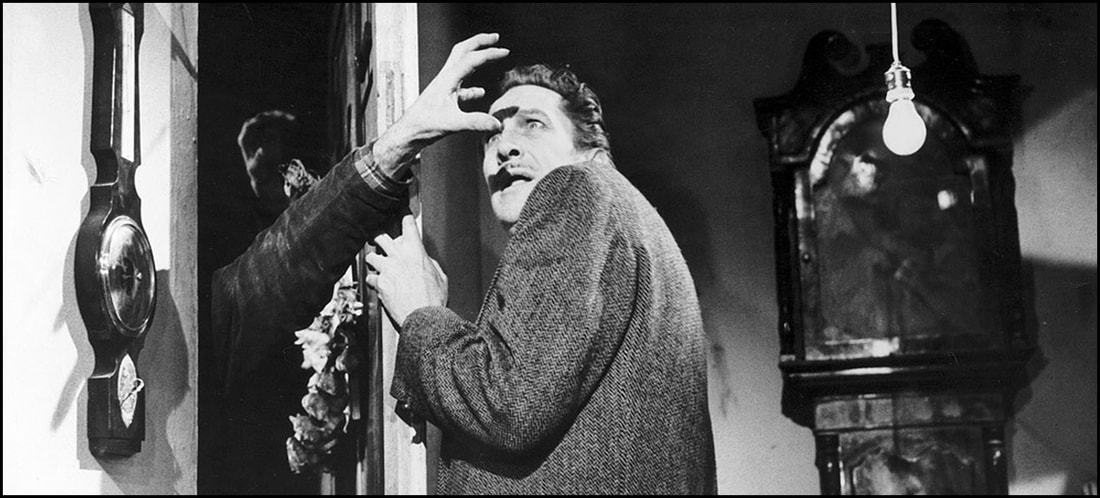
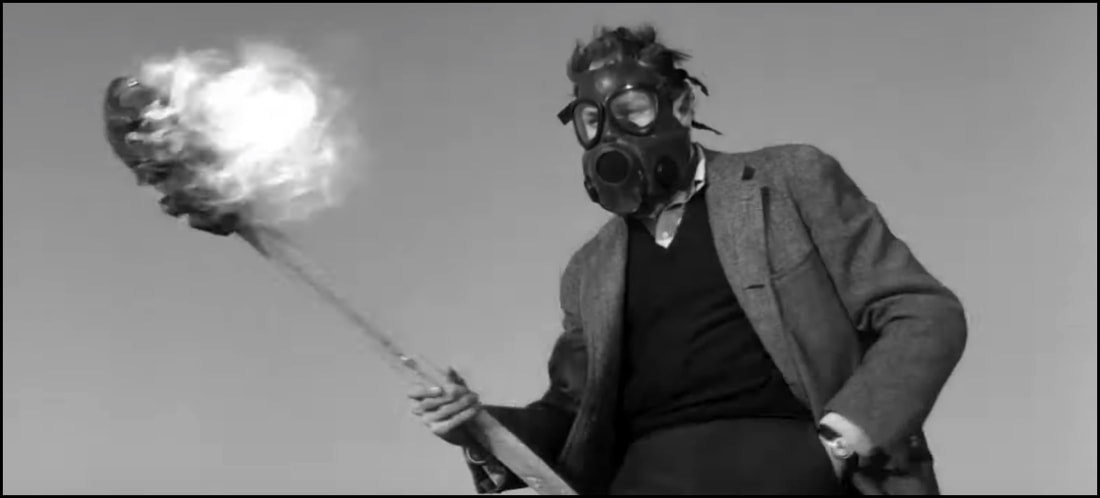



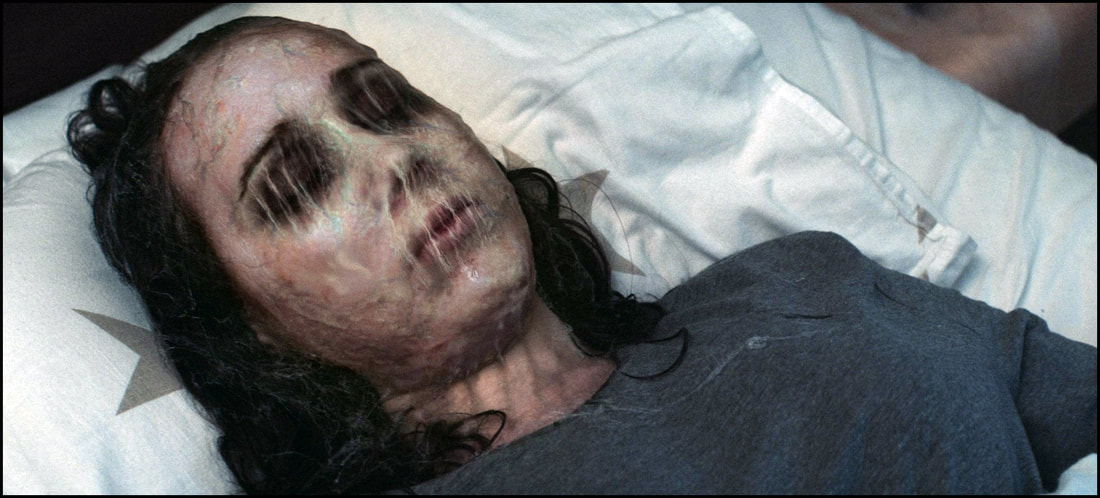


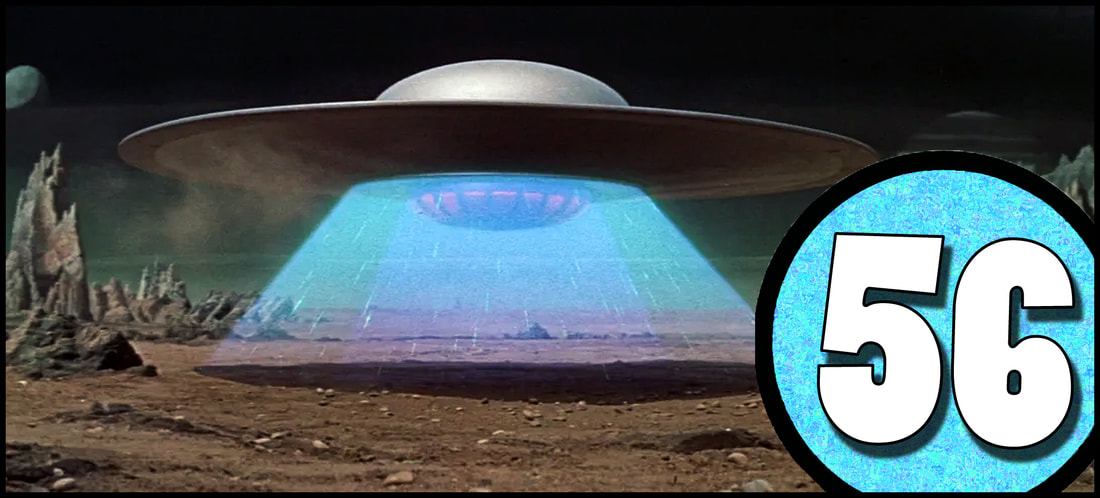
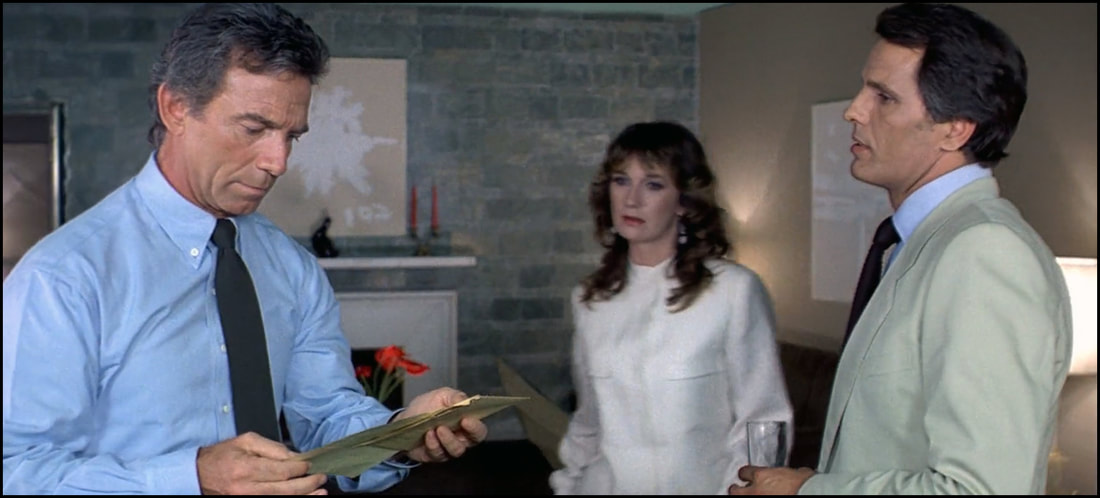
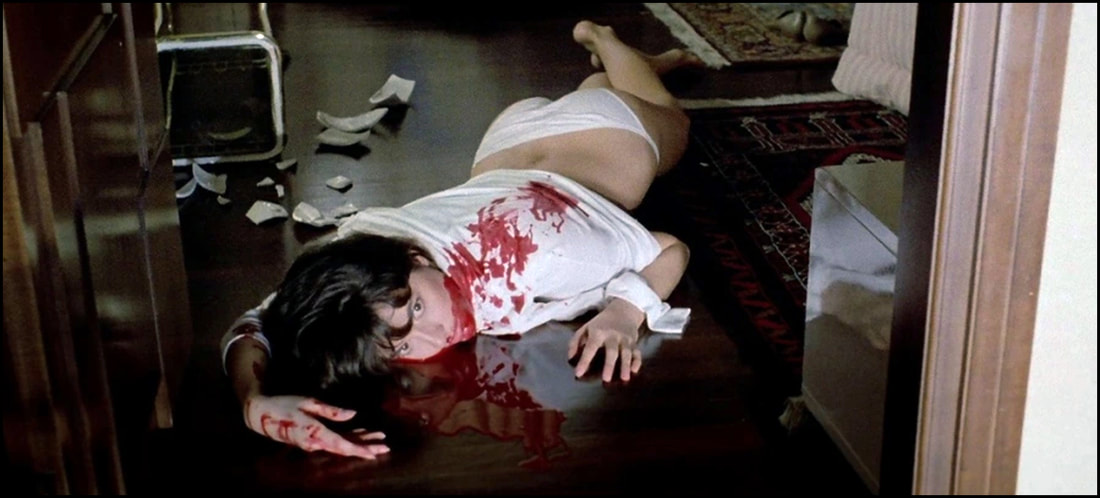
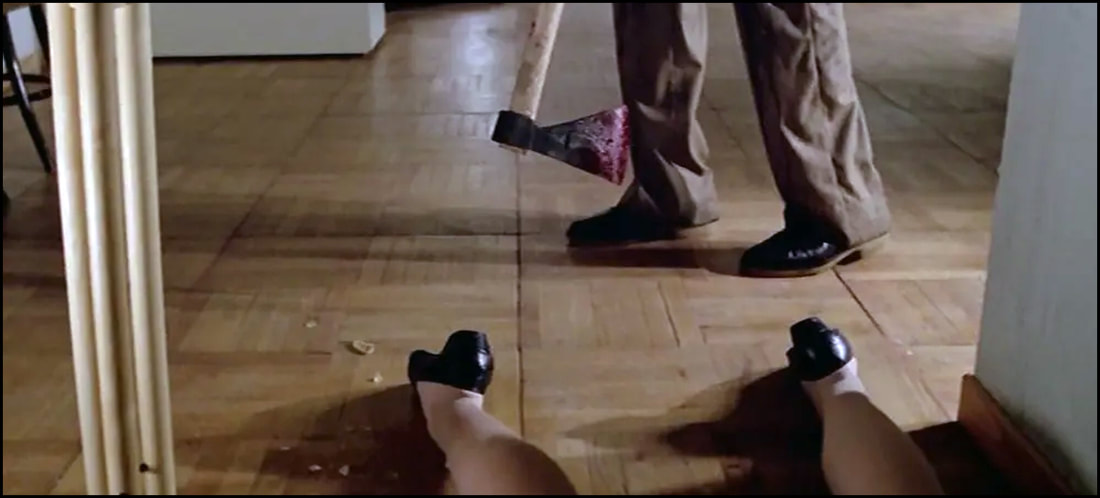
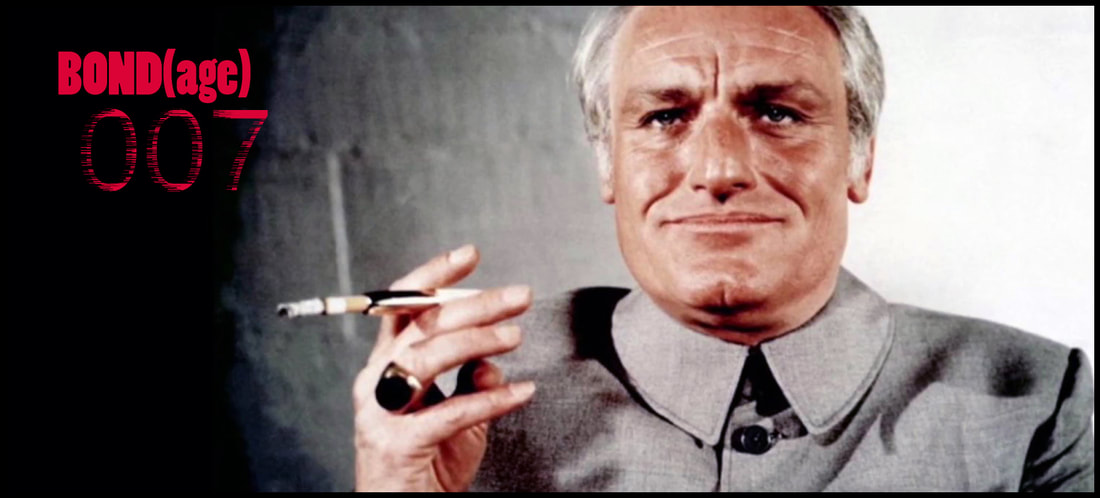
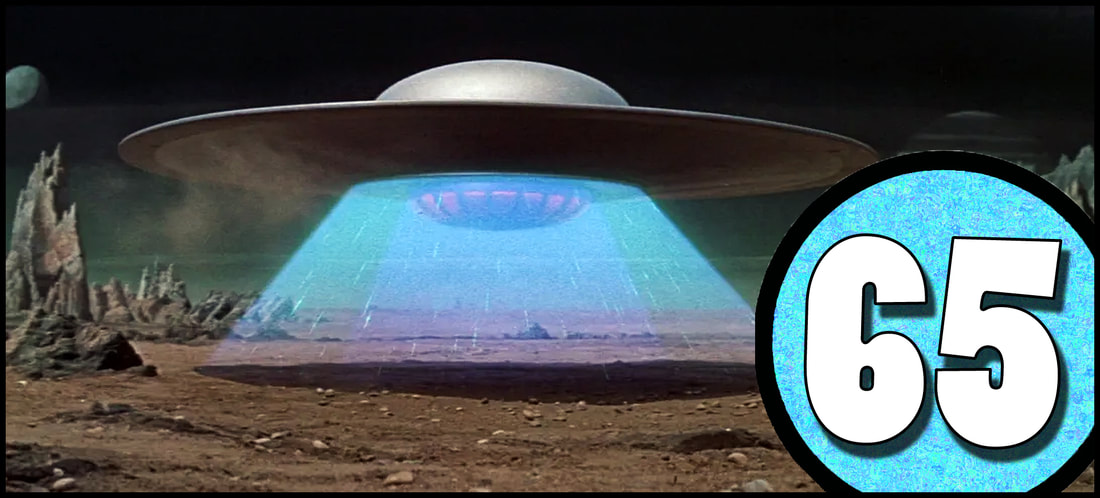
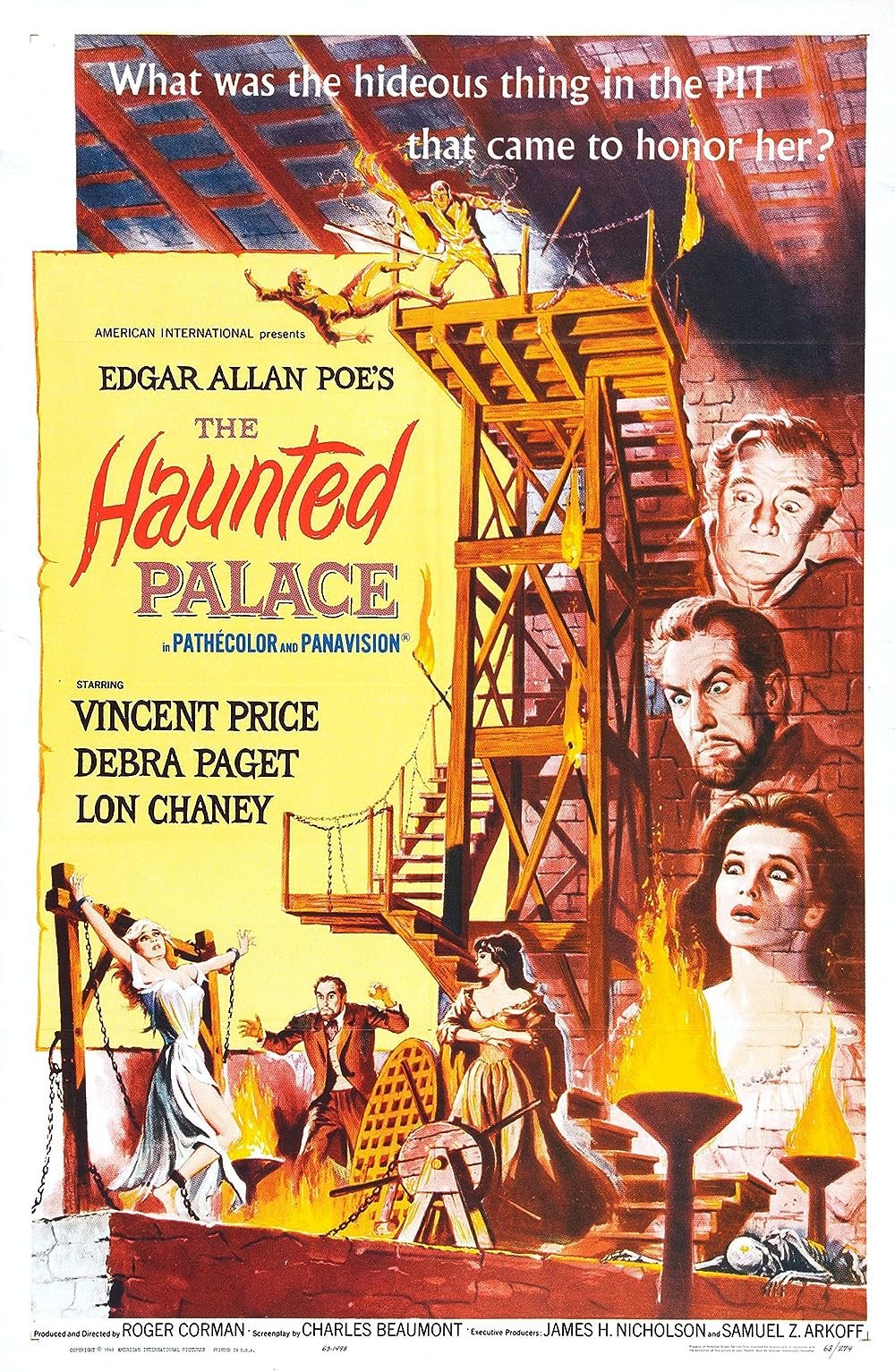
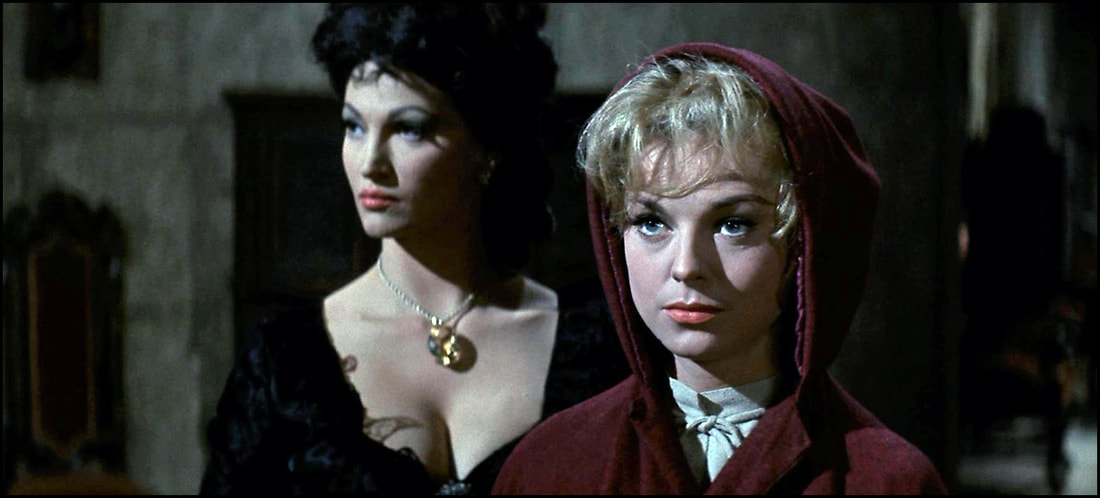
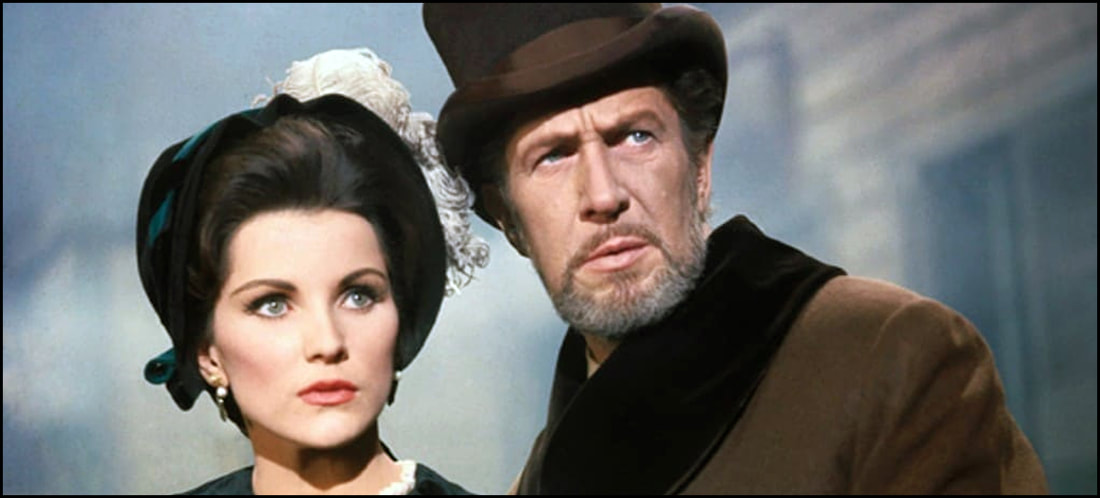
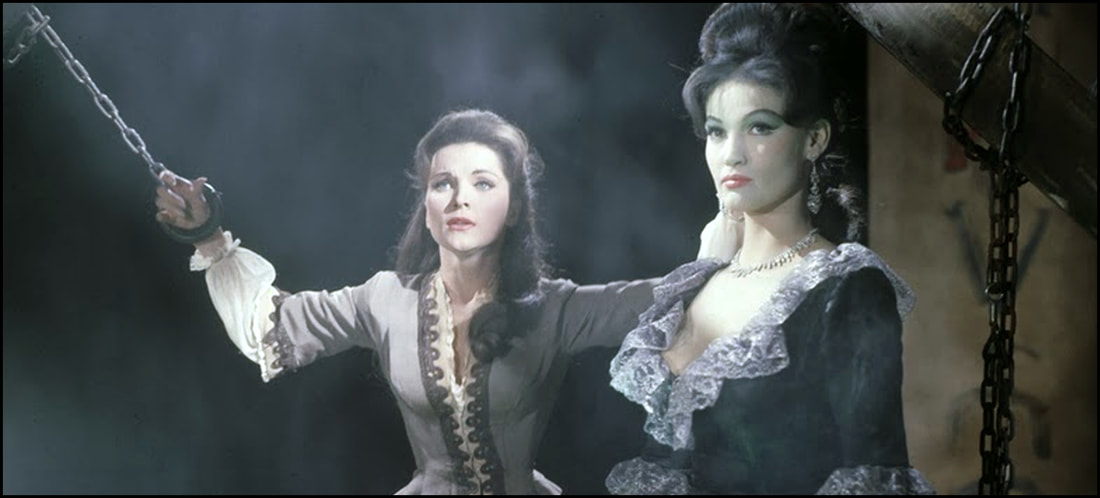
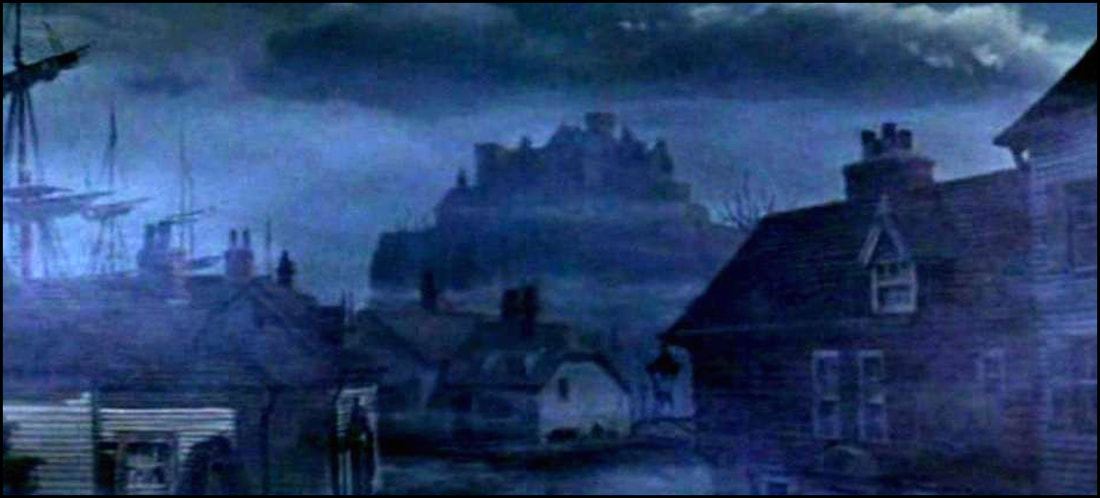
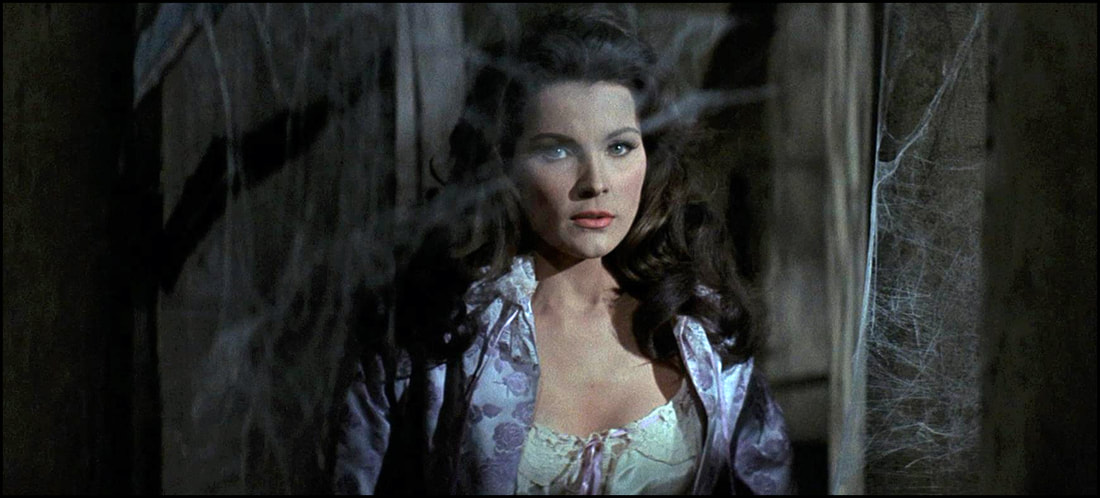

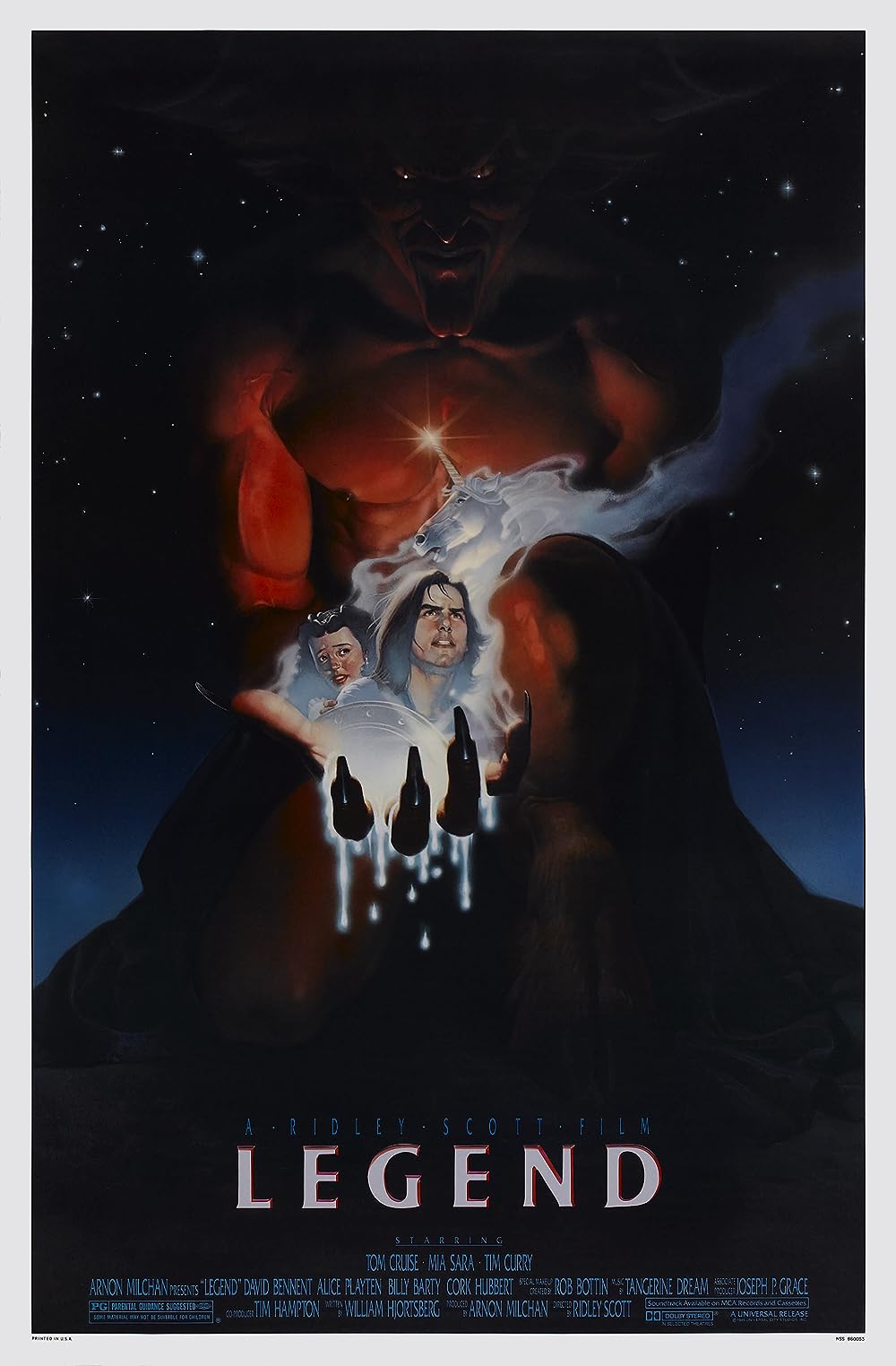
 RSS Feed
RSS Feed